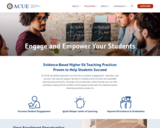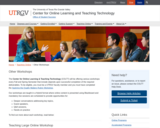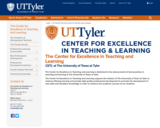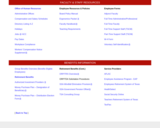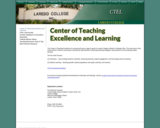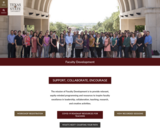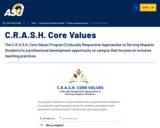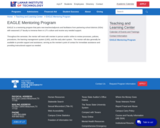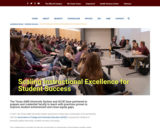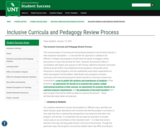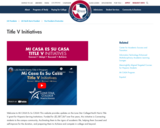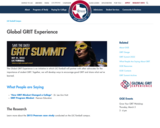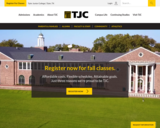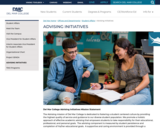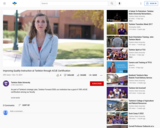
Tarteton State University's strategic plan, Tarleton Forward 2030, includes an objective that links student success to the effective teaching practices of its faculty. To that end, the objective includes a strategy that 100% of full time faculty will complete an Effective Teaching Practices course offered by the Association of College and University Educators (ACUE). This is a 25 week course that is designed to improve student learning outcomes by focusing on teaching practices in both face-to-face and virtual/online courses. Tarleton Forward 2030 includes this strategy as one effort designed to achieve the goal of leveraging "high-impact teaching and learning practices, technology, and quality instructional design... to provide a transformational and future-focused educational experience."
DELIVERY FORMAT: The program is online only.
PROGRAM SCALE: Large-scale (reaches more than 25 percent of its intended target population)
APPROXIMATE PARTICIPANTS SERVED IN 2021-22: 60
HOW TO ENROLL: Participants must apply to enroll in this program
EVALUATION STATUS: Data related to program outcomes are currently being internally and externally collected
PRELIMINARY OUTCOMES DATA: Since 2019-2020, 97 faculty have completed an Effective Teaching Practices course, which is approximately 22% of Tarleton State full-time faculty. The completion rate is 83%. For the 2022-2023 Academic year, an additional 66 faculty are taking the course.
DEPARTMENT(S) OVERSEEING PROGRAM: Center for Educational Excellence
CONTACT FOR MORE INFO: Aimee Shouse at ashouse@tarleton.edu or 254-968-9598
- Subject:
- Student Success
- Material Type:
- Student Success: Faculty/staff-facing
- Provider:
- Tarleton State University
- Date Added:
- 09/15/2022

